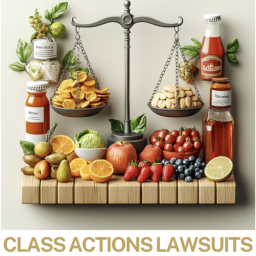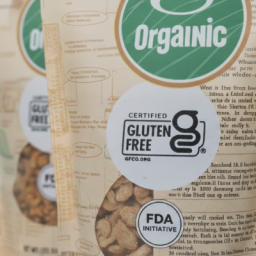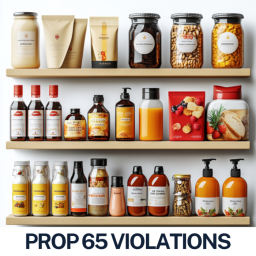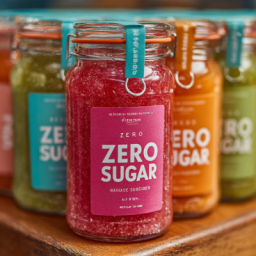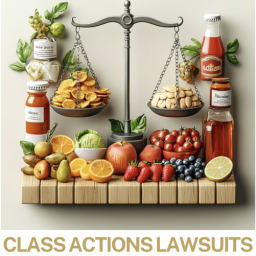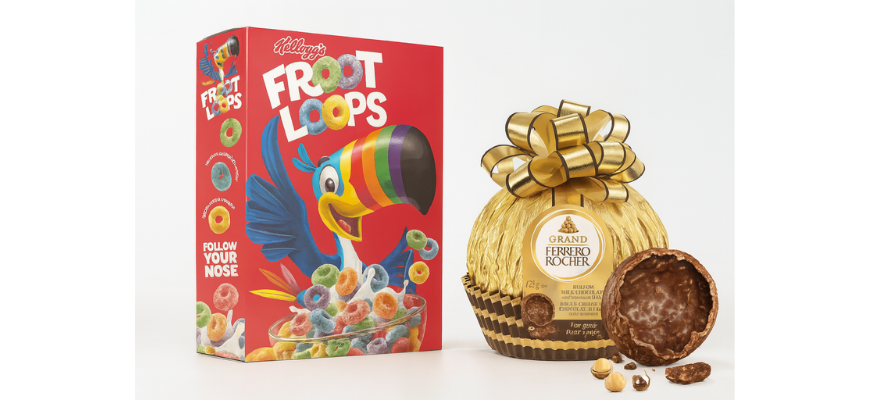
Italian confectionery powerhouse Ferrero—known for Nutella, Ferrero Rocher, Kinder, and Tic Tac—has agreed to acquire WK Kellogg (maker of Froot Loops, Frosted Flakes, Rice Krispies, and Corn Flakes) for approximately $3.1 billion, including debt. The deal, offering $23 per share (about a 40% premium), was unanimously approved by WK Kellogg’s board and is expected to close in the second half of 2025 after shareholder and regulatory approvals.
This marks Ferrero’s most significant U.S. acquisition to date, following its purchase of Nestlé’s U.S. chocolate business in 2018 and Wells Enterprises (Blue Bunny ice cream) in 2022. The move is part of its strategic expansion into North American meal occasions and portfolio diversification, targeting consumers shifting toward healthier breakfast alternatives amid declining cereal consumption.
WK Kellogg had been spun off from Kellogg Co. in October 2023 and has faced challenges: declining cereal sales, consumer demand shifts, and scrutiny over artificial dyes—particularly in foods served to children. Through Ferrero’s resources, the iconic brands are poised for reinvestment and innovation, with a renewed focus on R&D and potential reformulation.
Portfolio Licensing Strategies: How to Monetize a Family of Brands
How can companies leverage licensing to expand their brand portfolio without owning every part of the supply chain? By deploying vertical and horizontal licensing across brand assets, companies can boost revenue, unlock new markets, and stretch brand value with minimal investment.
Deep dive:
a. Vertical Licensing: Rent your IP without running every line
Ferrero could license WK Kellogg’s cereal recipes, mascots (like Tony the Tiger), or manufacturing expertise to other co-manufacturers or co-packers. This frees WK Kellogg—or Ferrero’s cereal division—from owning every production facility while still earning royalties. For example:
- Formula/IP licensing to private labelers.
- Mascot/character licensing to toy makers or theme parks.
- Ingredient or process licensing—e.g., selling branded cereal clusters to food service providers.
b. Horizontal Licensing: Co-branding quirks your range
Ferrero can capitalize by licensing Froot Loops to confectionery or snack brands—like Froot Loops–flavored ice cream or Nutella swirl cereals. Co-branding extends reach and drives cross-category innovation without manufacturing overhead.
Benefits for business owners & small brands:
- Scalable revenue: royalties from partners.
- Brand exposure: entering non-cereal categories.
- Low risk: partners handle production/distribution.
Implementation checklist:
- Conduct brand/IP audit—identify licensable assets.
- Define field-of-use, territory, duration, quality control.
- Price rights based on royalty %, upfront fees.
- Monitor compliance via QC audits.
- Ensure protection—trademarks, trade dress, enforcement.
The Hidden Value of Licensing in Food M&A Deals
Licensing rights play a major role in how food and beverage acquisitions are valued and structured. Assets like mascots, proprietary recipes, and co-manufacturing agreements can increase a company’s worth. These elements often go beyond the balance sheet but carry significant strategic value. They can raise the purchase price and shape how the buyer negotiates the deal. Licensing terms may also impact how smoothly the buyer can integrate the brand post-acquisition. Without clear rights, the buyer may face restrictions or added costs. In high-value transactions, these intangible assets often become key drivers of both price and long-term success.
a. Valuation: Beyond EBITDA multiples
When acquiring WK Kellogg, Ferrero isn’t just paying for cereal sales; it’s buying:
- Valuable character licensing rights (e.g., Tony the Tiger).
- Exclusive secret recipes and formulations.
- Co-manufacturing licenses tied to existing plants in U.S., Canada, Caribbean—with no need to renegotiate, transition, or rebuild.
These intangible assets justify valuation premiums and become key focal points during due diligence.
b. Negotiation leverage: License carve-outs and royalties
Ferrero must clarify:
- Which licenses transfer?
- Are there third-party dependencies (e.g., joint ventures or cross-licensing)?
- How do royalties or ongoing obligations affect future cash flow?
Ambiguities in licensing scope can stall or derail negotiations.
c. Post-merger integration: Aligning brand and operational rights
To capitalize on WK Kellogg’s cereals, Ferrero needs clear integration of:
- Manufacturing rights: uninterrupted co-manufacturing licenses for cereals.
- Promotional rights: rights to use Kellogg trademarks in new product lines (e.g., breakfast bars).
- Distribution licenses: territorial rights that align with Ferrero’s existing channels.
Risks to business owners:
- Overlooking licensing limits may result in lost revenue or legal exposure.
- Legacy licenses may block product launches.
- Changes in quality standards or licensing terms can trigger costly renegotiations.
Ferrero’s Growing U.S. Portfolio: A Look at Recent Acquisitions
Ferrero Group’s $3 billion deal for WK Kellogg is just the latest step in its aggressive U.S. expansion strategy. Over the past several years, Ferrero has steadily built a powerful portfolio of American brands across multiple categories, from chocolate and candy to ice cream. Below is a summary of Ferrero’s recent U.S. acquisitions, with each brand strengthening its footprint in North America’s food and beverage market.
Nestlé USA Confectionery Business (Acquired 2018)

In 2018, Ferrero acquired Nestlé’s U.S. confectionery portfolio for approximately $2.8 billion. The deal brought iconic American candy brands into Ferrero’s portfolio, including Butterfinger®, Baby Ruth®, Crunch®, Raisinets®, Wonka®, SweeTarts®, Laffy Taffy®, and Nerds®.
Ferrara Candy Company (Acquired 2017)

Ferrero’s acquisition of Ferrara Candy Company gave it ownership of popular American candies like Lemonhead®, Spree®, and Trolli® gummies. This move significantly expanded Ferrero’s position in the U.S. non-chocolate sweets market.
Fannie May Confections (Acquired 2017)

In the premium chocolate category, Ferrero acquired Fannie May, a Chicago-based heritage chocolate brand known for boxed chocolates and regional loyalty in the Midwest.
Wells Enterprises – Blue Bunny & Halo Top (Acquired 2022)

In 2022, Ferrero acquired Wells Enterprises, the maker of Blue Bunny®, Bomb Pop®, and Halo Top® ice cream. This deal marked Ferrero’s entry into the frozen desserts category in the U.S., further diversifying its offerings beyond confectionery.
Why This Matters:
These acquisitions reflect Ferrero’s long-term strategy to broaden its North American product lineup through brand licensing, co-manufacturing, and strategic category expansion. The WK Kellogg deal is part of this larger pattern—positioning Ferrero as not just a confectionery leader, but a cross-category food and beverage powerhouse.
FAQs
Question 1: How does licensing differ from selling a product line?
Answer: Licensing grants permission to use IP under controlled terms, while selling transfers ownership outright—each has different tax, control, and strategic implications.
Question 2: What licensing clauses should I prioritize during due diligence?
Answer: Focus on exclusivity, field-of-use, sub-licensing rights, royalty structure, quality control, audit rights, term, and termination triggers.
Question 3: Can small brands benefit from horizontal licensing?
Answer: Absolutely. By co-branding with a complementary partner, even small firms can enter new markets and categories with minimal investment.
Final Takeaways
Licensing isn’t just a compliance matter—it’s a strategic asset that drives valuation and unlocks growth. Whether preparing a transaction or licensing IP, clarity on scope, duration, remuneration, and integration is essential. Firms like Juris Law Group can guide strategic portfolio licensing—vertical and horizontal—as well as license due diligence in large M&A deals.
If your company is navigating a brand acquisition, planning to license out intellectual property, or simply wants to explore how to turn intangible assets into scalable revenue streams, Juris Law Group is here to help. Our team understands the nuances of licensing strategy across the food, beverage, and CPG sectors, and we offer tailored legal guidance that aligns with your commercial goals. Reach out to us today to schedule a consultation.



